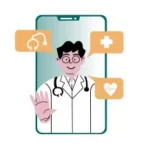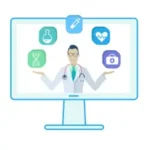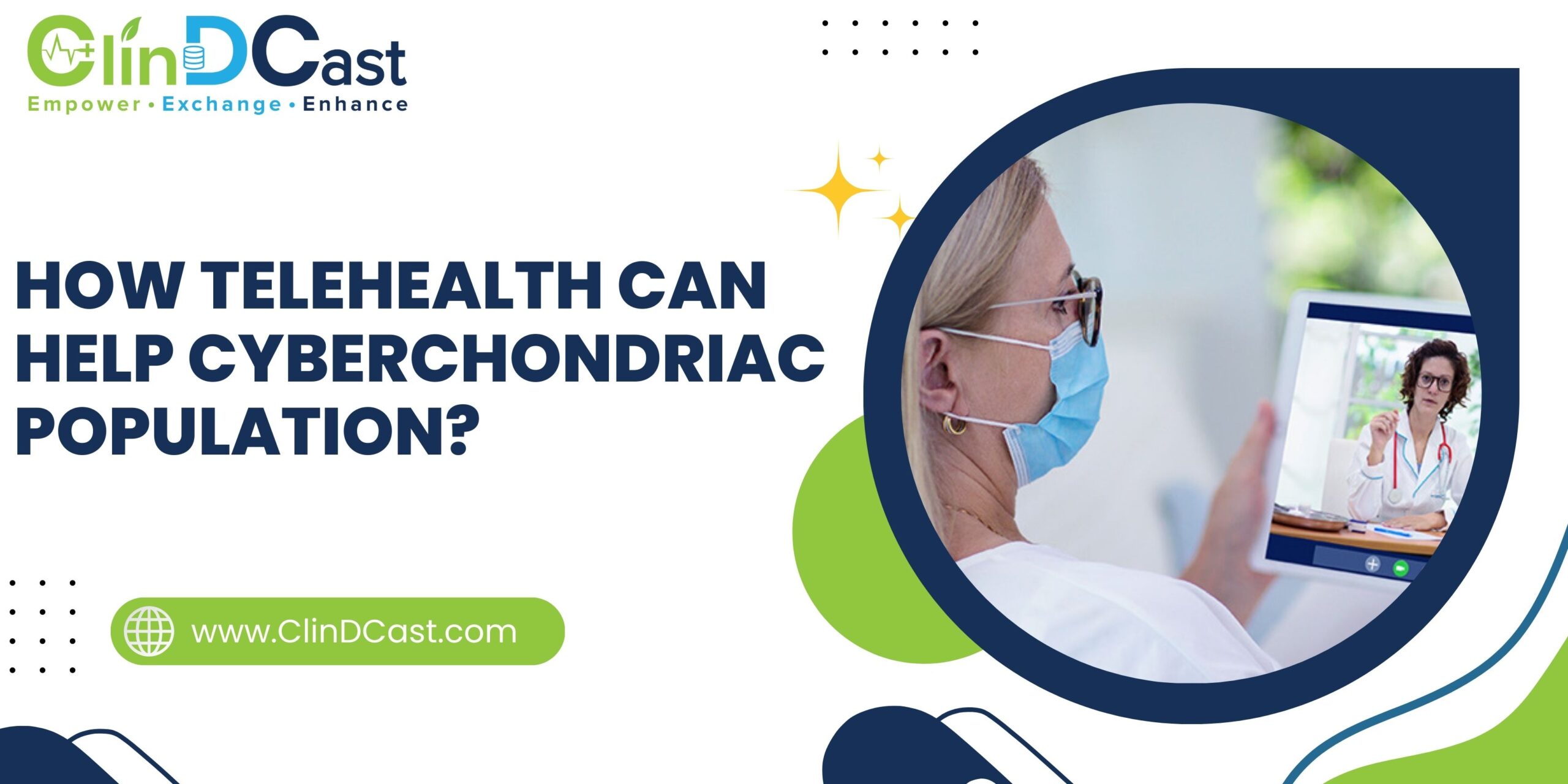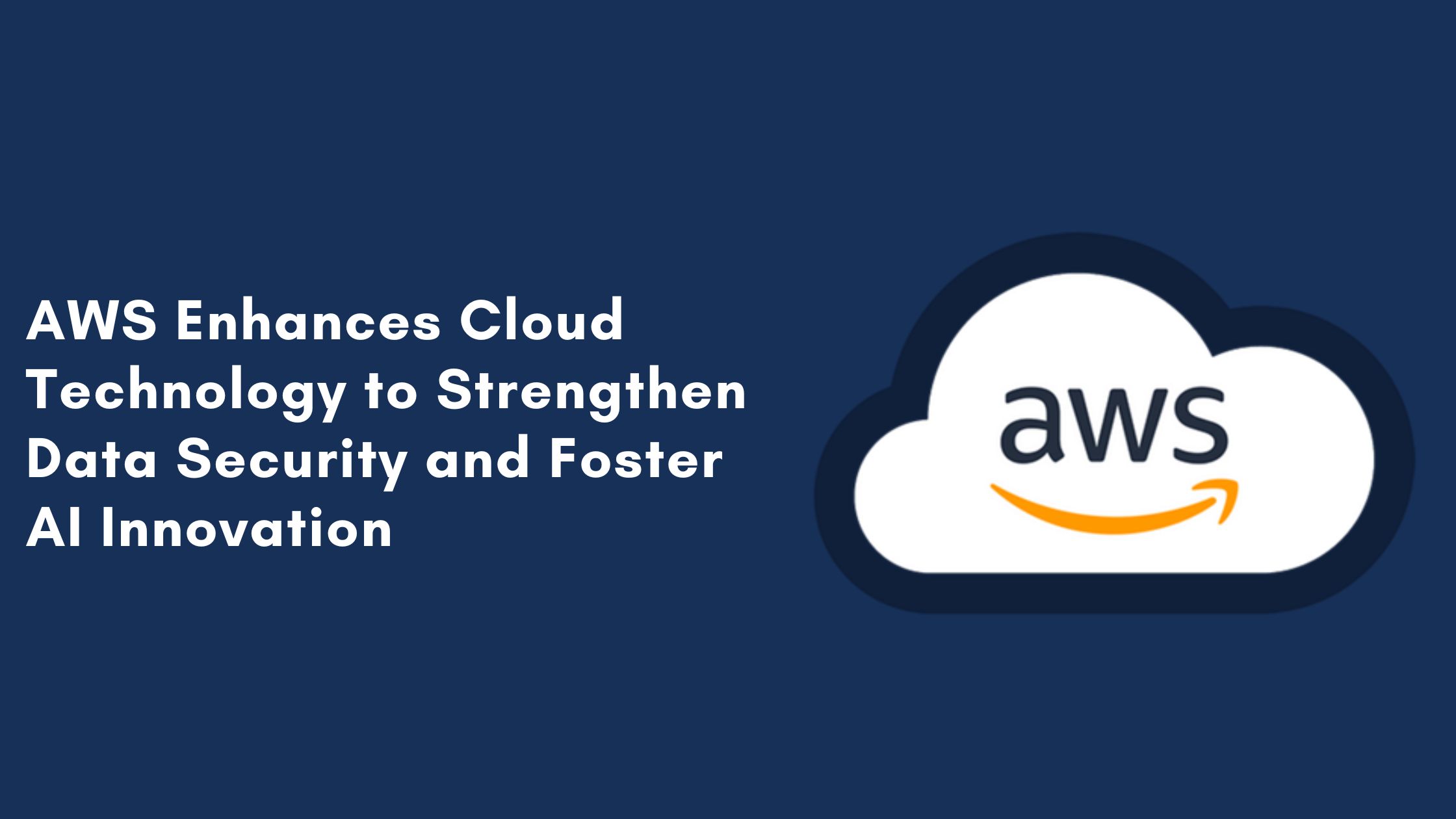
In today’s digital age, the healthcare industry is rapidly adopting technology to streamline processes, enhance patient care, and improve overall efficiency. However, along with these advancements come a host of compliance and regulatory challenges that healthcare IT professionals must navigate. This blog explores the key challenges faced in maintaining compliance, ensuring data security, and adhering to regulatory requirements in healthcare IT. We will also discuss strategies and best practices to overcome these challenges effectively.
1. Ensuring HIPAA Compliance
One of the most critical regulatory challenges in healthcare IT is maintaining compliance with the Health Insurance Portability and Accountability Act (HIPAA). HIPAA sets standards for the protection of patients’ health information, including electronic health records (EHRs) and personal identifiable information (PII). Healthcare IT professionals must implement robust security measures, including encryption, access controls, and regular audits, to protect patient data from unauthorized access or breaches.
To ensure HIPAA compliance, organizations should conduct regular risk assessments, develop comprehensive security policies and procedures, and provide ongoing staff training on privacy and security awareness. Additionally, healthcare IT teams should implement secure data transmission methods, monitor system activity for potential breaches, and maintain proper documentation of security measures to demonstrate compliance during audits.
2. Managing Data Security and Privacy
In the era of interconnected systems and the Internet of Things (IoT), healthcare IT faces significant challenges in safeguarding patient data against security threats. Cybersecurity risks, such as ransomware attacks, phishing attempts, and data breaches, pose a severe threat to the confidentiality, integrity, and availability of healthcare information.
To address data security and privacy challenges, healthcare organizations must implement robust cybersecurity measures. This includes deploying firewalls, intrusion detection and prevention systems, and strong access controls. Regular security assessments and penetration testing can help identify vulnerabilities and ensure proactive measures are in place.
Encryption plays a crucial role in protecting sensitive data both at rest and in transit. Implementing end-to-end encryption for data transmission and utilizing encryption algorithms for storing data on servers or cloud platforms can significantly mitigate the risk of unauthorized access.
Furthermore, healthcare IT professionals should establish incident response plans to handle security breaches effectively. Rapid detection, containment, and mitigation of security incidents are essential to minimize the impact on patient data and maintain compliance.
3. Adhering to Interoperability Standards
Interoperability, the ability of different systems and devices to exchange and interpret data accurately, is vital in healthcare IT. Achieving interoperability enables seamless data sharing, facilitates care coordination, and enhances patient outcomes. However, implementing interoperability standards poses regulatory challenges.
The Office of the National Coordinator for Health Information Technology (ONC) and the Centers for Medicare and Medicaid Services (CMS) have introduced interoperability rules, such as the 21st Century Cures Act, to promote data exchange and improve patient access to health information. Healthcare organizations need to ensure their IT systems and EHRs comply with these regulations.
To overcome interoperability challenges, healthcare IT professionals should adopt standardized data formats, such as HL7 and FHIR, and implement interfaces and APIs that allow secure data exchange between different systems. Collaborating with vendors and technology partners who follow interoperability standards is also crucial for seamless integration and data sharing.
4. Staying Updated with Evolving Regulations
The healthcare regulatory landscape is continuously evolving. IT professionals in healthcare must stay updated with changes in regulations, such as HIPAA modifications, data breach notification laws, and new cybersecurity requirements. Failing to comply with these regulations can result in penalties, legal issues, and damage to an organization’s reputation.
Regularly monitoring updates from regulatory bodies, participating in industry forums and conferences, and engaging with legal and compliance experts are effective strategies for staying current with evolving regulations. Establishing a dedicated compliance team that collaborates with IT professionals can ensure timely updates, regulatory compliance, and proactive risk management.
Navigating compliance and regulatory challenges in healthcare IT is a complex and ongoing process. However, by focusing on HIPAA compliance, data security and privacy, adhering to interoperability standards, and staying updated with evolving regulations, healthcare IT professionals can effectively address these challenges.
Implementing robust security measures, conducting regular risk assessments, and establishing incident response plans will help protect patient data, enhance interoperability, and ensure compliance with the ever-changing regulatory landscape. With the right strategies and practices in place, healthcare organizations can leverage technology to drive improved patient care and outcomes while safeguarding sensitive information.






















